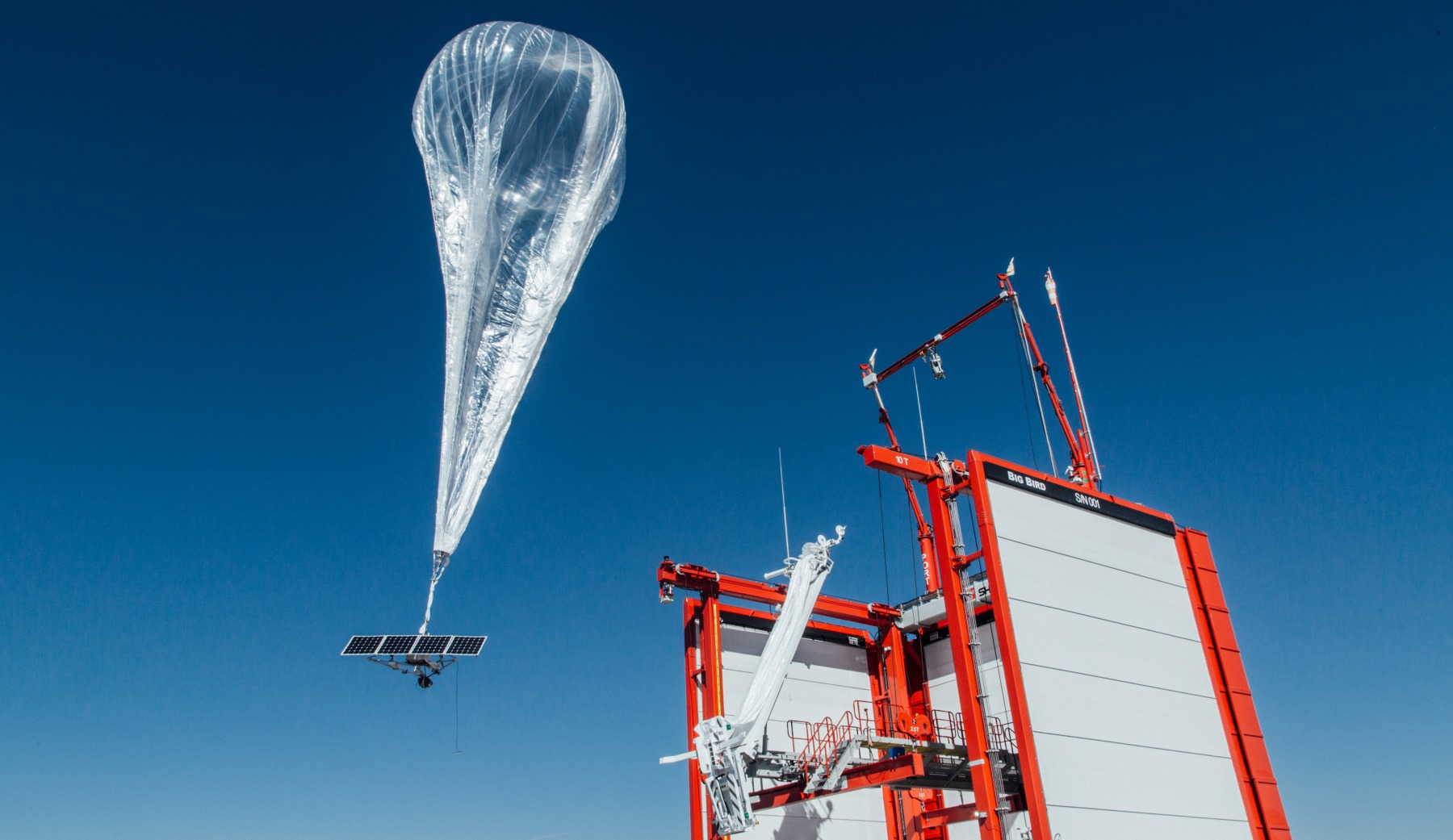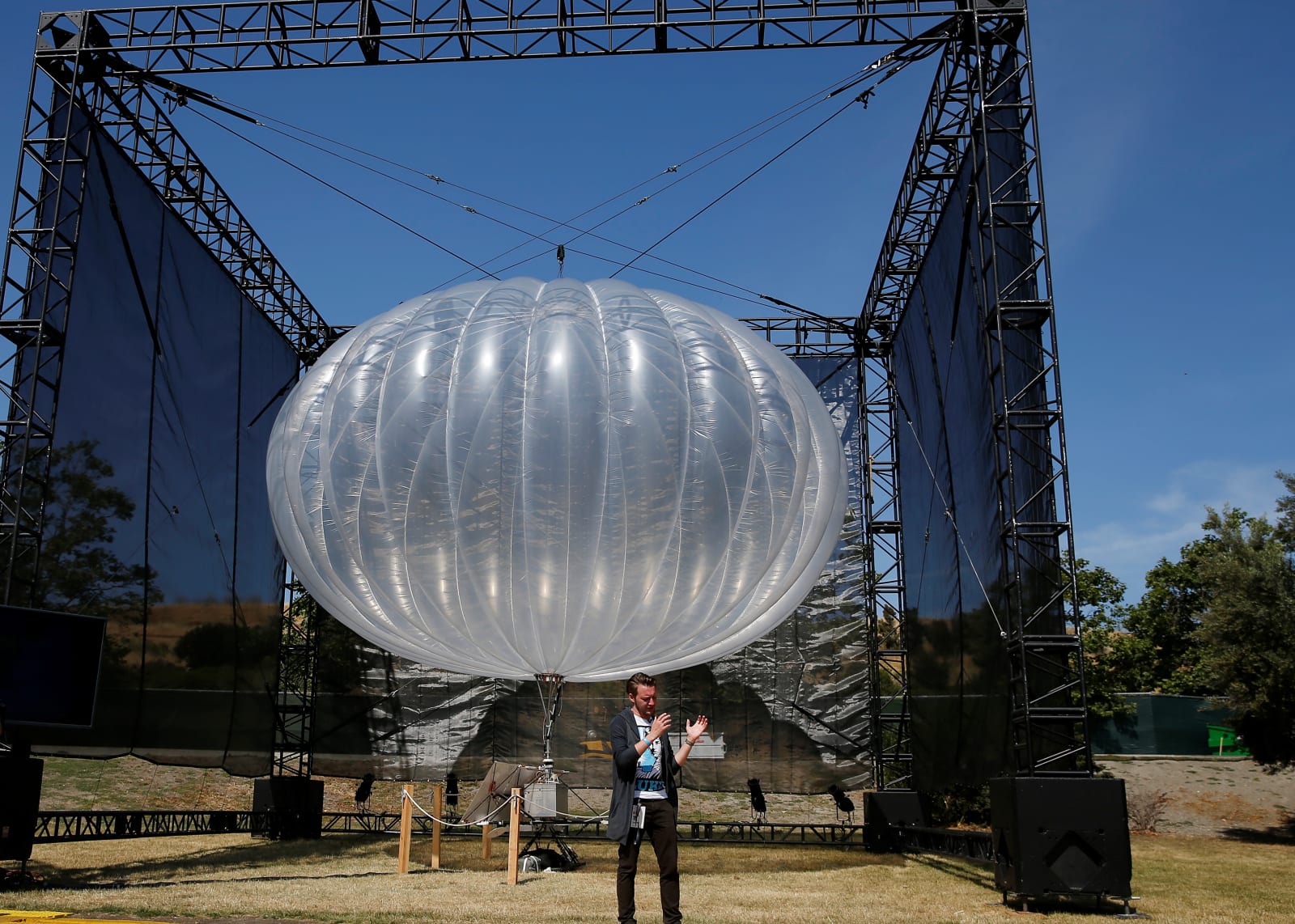
Don't tell Google, but its latest X lab project is something performed by the great internet public every day. For free. Mountain View's secret lab stitched together 1,000 computers totaling 16,000 cores to form a neural network with over 1 billion connections, and sent it to YouTube looking for cats. Unlike the popular human time-sink, this was all in the name of science: specifically, simulating the human brain. The neural machine was presented with 10 million images taken from random videos, and went about teaching itself what our feline friends look like. Unlike similar experiments, where some manual guidance and supervision is involved, Google's pseudo-brain was given no such assistance.
It wasn't just about cats, of course -- the broader aim was to see whether computers can learn face detection without labeled images. After studying the large set of image-data, the cluster revealed that indeed it could, in addition to being able to develop concepts for human body parts and -- of course -- cats. Overall, there was 15.8 percent accuracy in recognizing 20,000 object categories, which the researchers claim is a 70 percent jump over previous studies. Full details of the hows and whys will be presented at a forthcoming conference in Edinburgh.
Google simulates the human brain with 1000 machines, 16000 cores and a love of cats originally appeared on Engadget on Tue, 26 Jun 2012 07:22:00 EDT. Please see our terms for use of feeds.
Permalink  SMH.com.au
SMH.com.au |
 Cornell University, New York Times, Official Google Blog
Cornell University, New York Times, Official Google Blog |
Email this |
Comments
 About a month after Hurricane Maria's devastating landfall on Puerto Rico and a couple of weeks after the FCC gave clearance, Project Loon is bringing wireless internet to people on remote parts of the island. Part of (Google parent company) Alphabet...
About a month after Hurricane Maria's devastating landfall on Puerto Rico and a couple of weeks after the FCC gave clearance, Project Loon is bringing wireless internet to people on remote parts of the island. Part of (Google parent company) Alphabet...
 About a month after Hurricane Maria's devastating landfall on Puerto Rico and a couple of weeks after the FCC gave clearance, Project Loon is bringing wireless internet to people on remote parts of the island. Part of (Google parent company) Alphabet...
About a month after Hurricane Maria's devastating landfall on Puerto Rico and a couple of weeks after the FCC gave clearance, Project Loon is bringing wireless internet to people on remote parts of the island. Part of (Google parent company) Alphabet...
 Project Loon -- the balloon delivered internet project that started life as part of Google and now calls Alphabet's X "innovation lab" home -- has moved one step closer to becoming a part of the relief efforts in Puerto Rico. The FCC has issued an "e...
Project Loon -- the balloon delivered internet project that started life as part of Google and now calls Alphabet's X "innovation lab" home -- has moved one step closer to becoming a part of the relief efforts in Puerto Rico. The FCC has issued an "e...
 The latest from Alphabet's experimental X division? A storage solution for renewable energy. Code named "Malta," the system uses tanks of salt and antifreeze (or another hydrocarbon liquid) to create and store energy.
The latest from Alphabet's experimental X division? A storage solution for renewable energy. Code named "Malta," the system uses tanks of salt and antifreeze (or another hydrocarbon liquid) to create and store energy.





